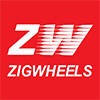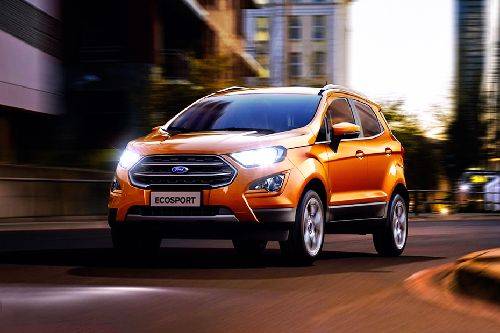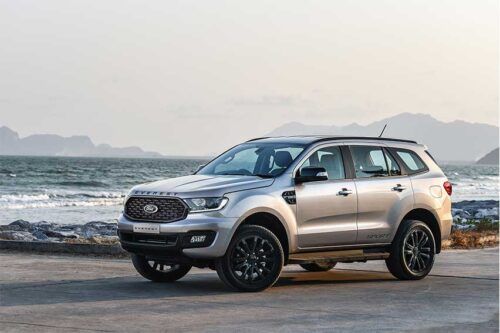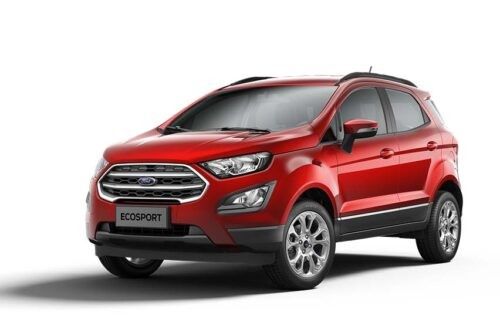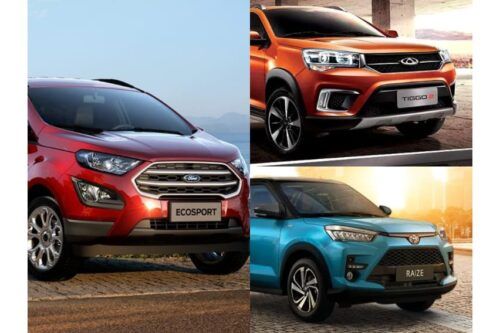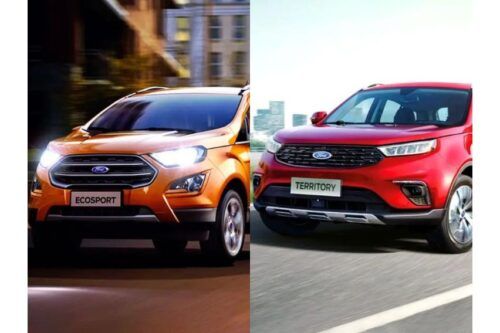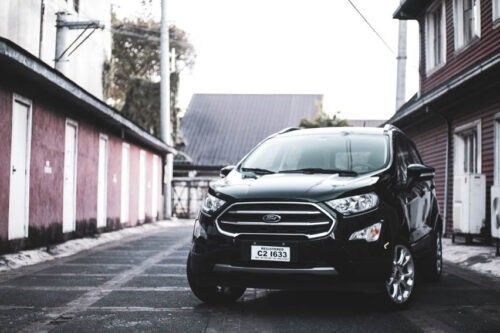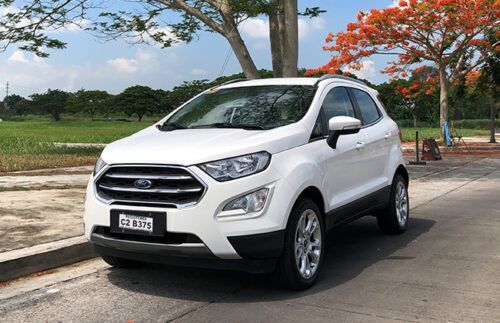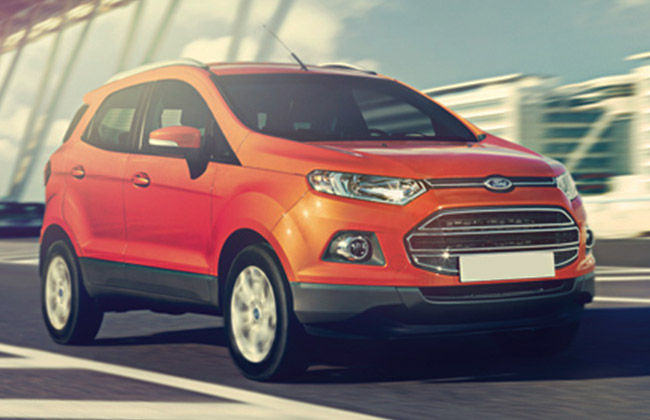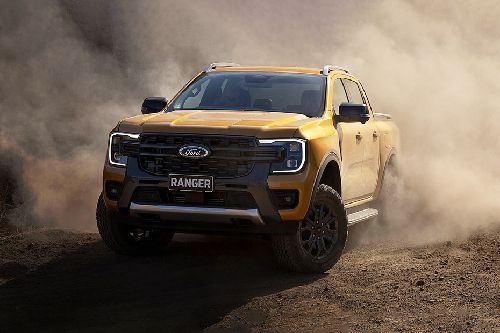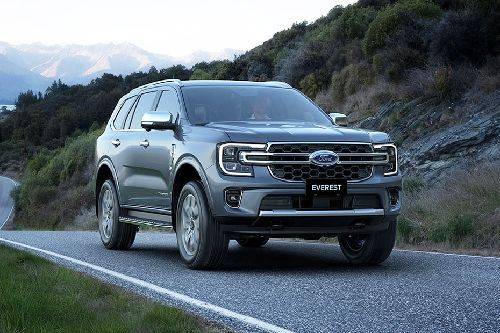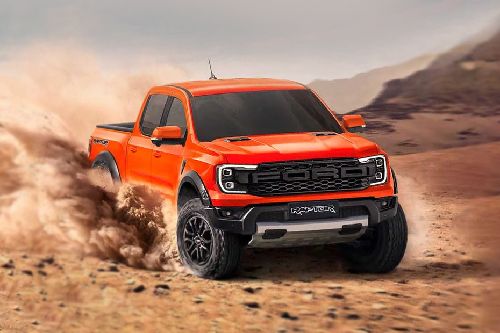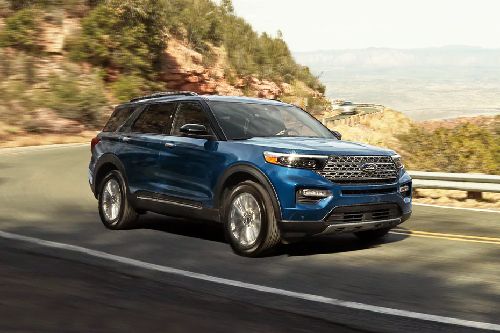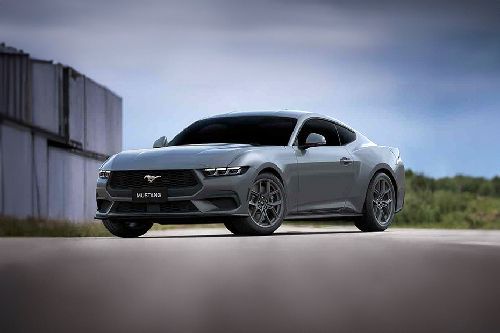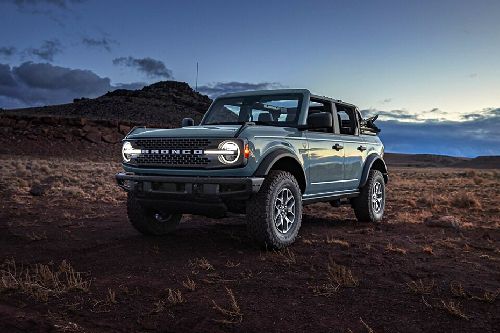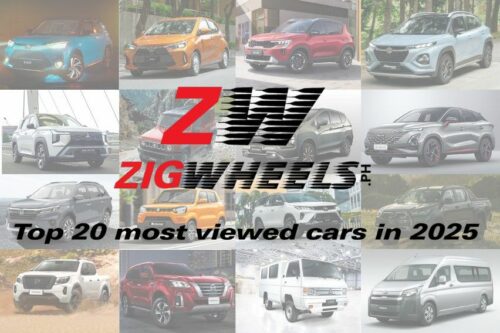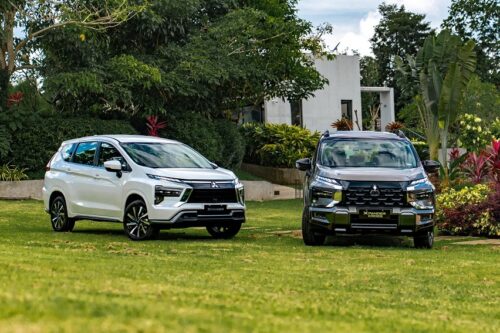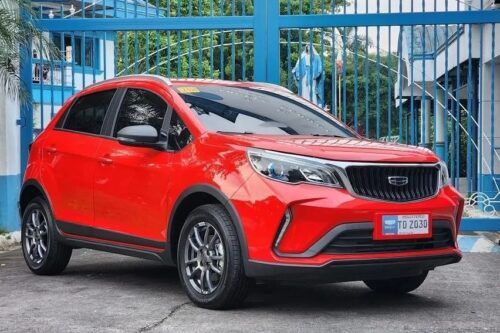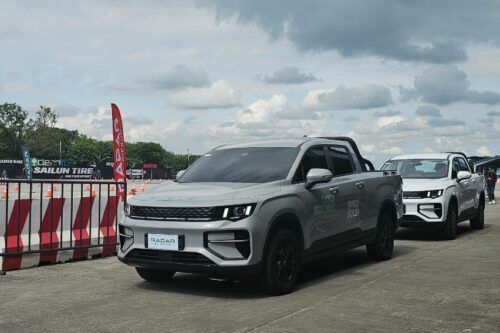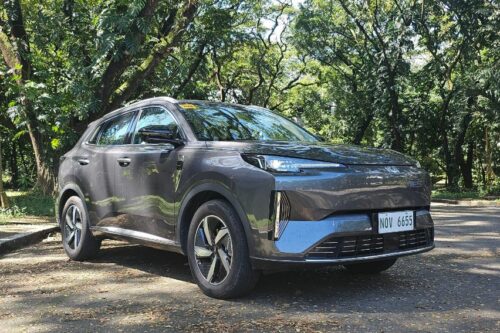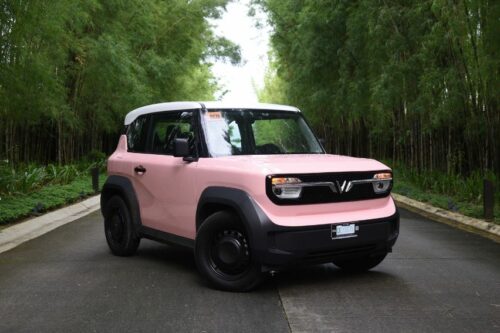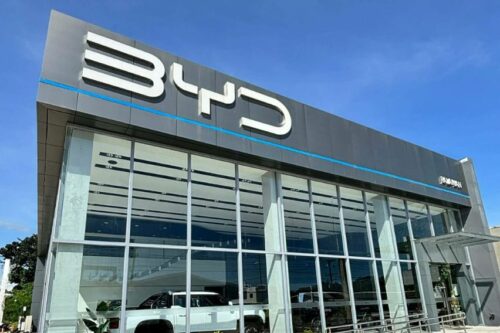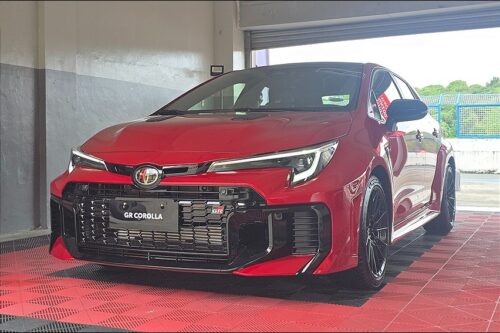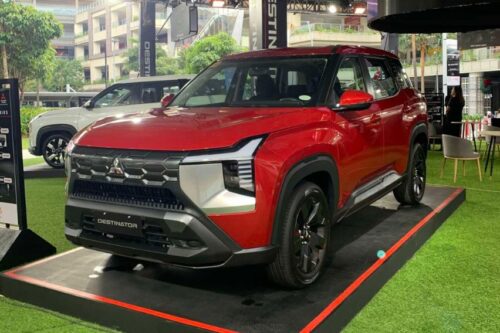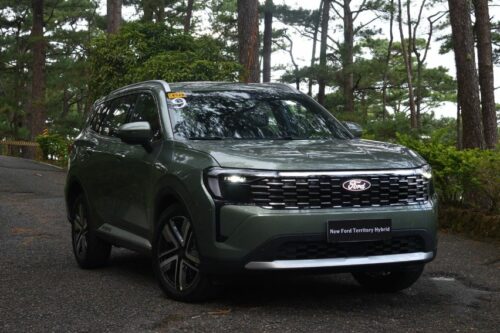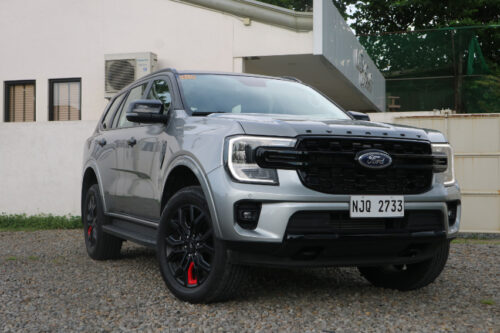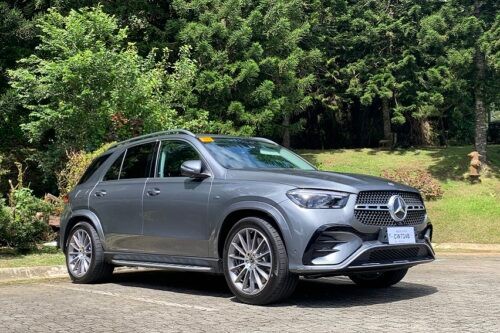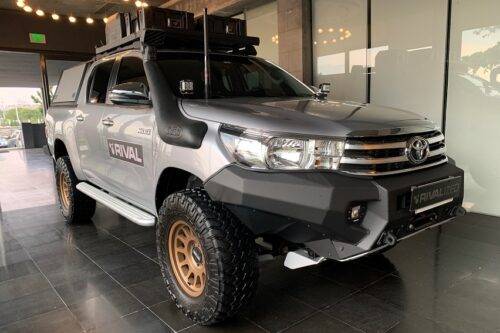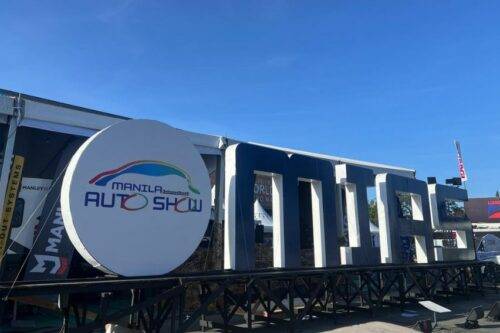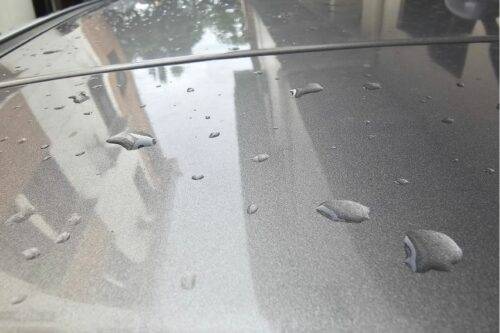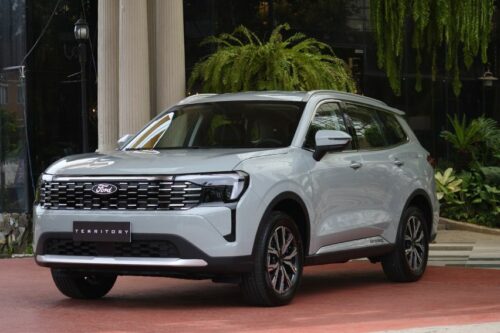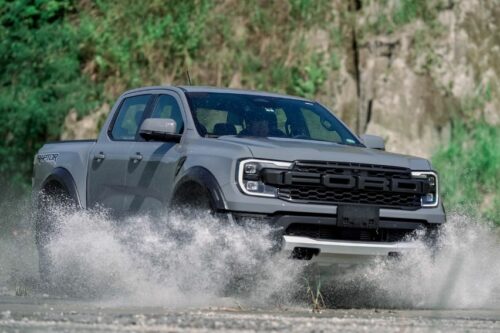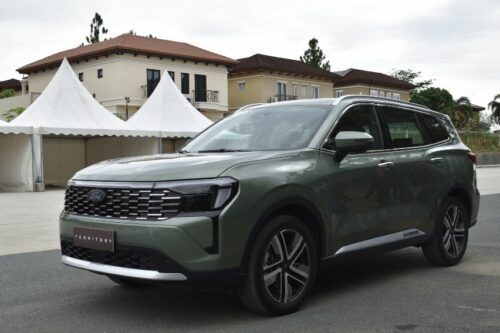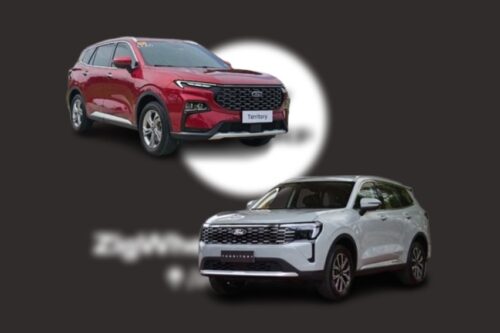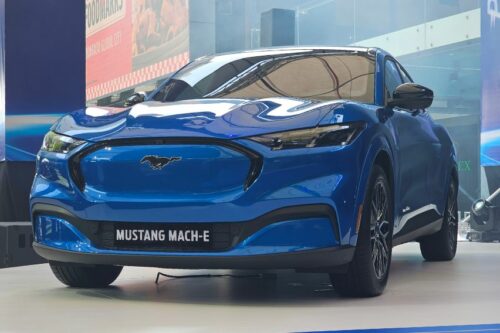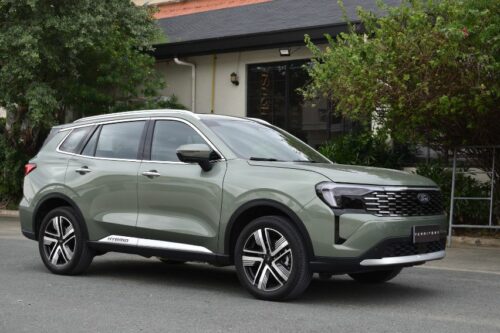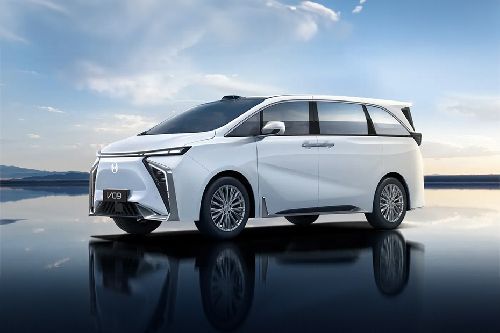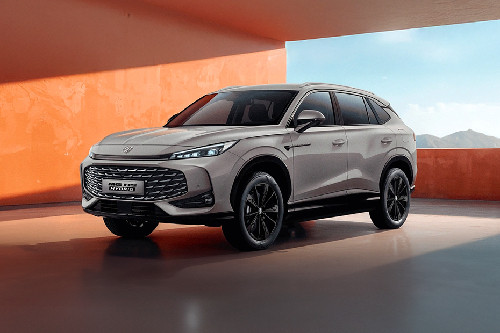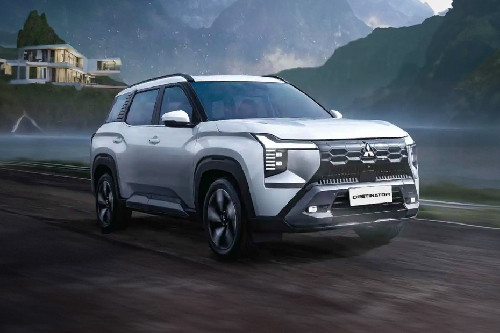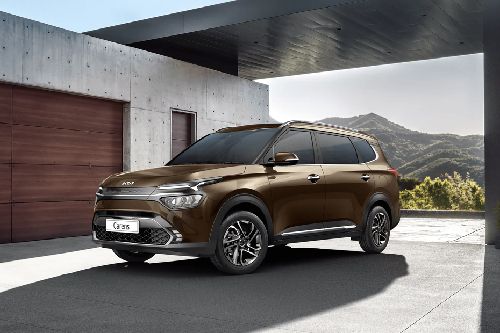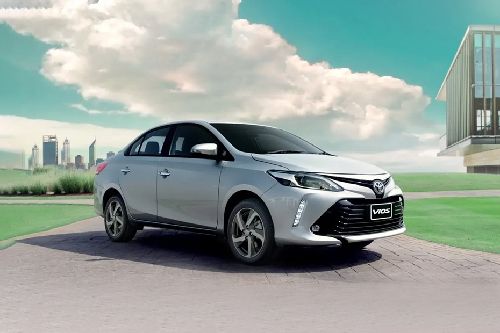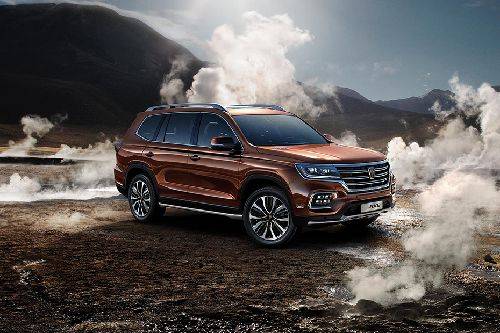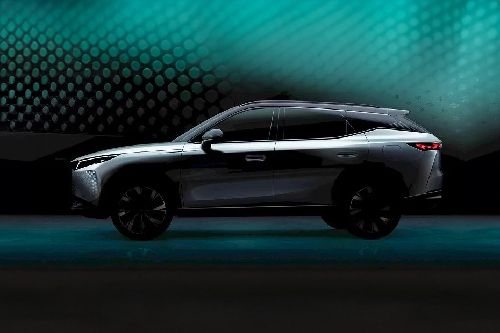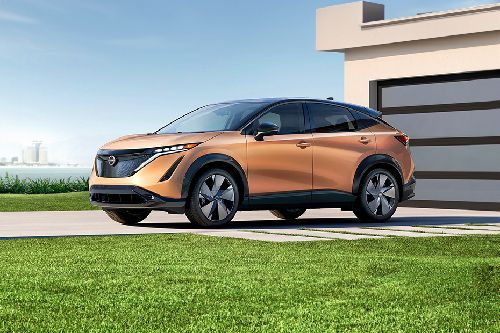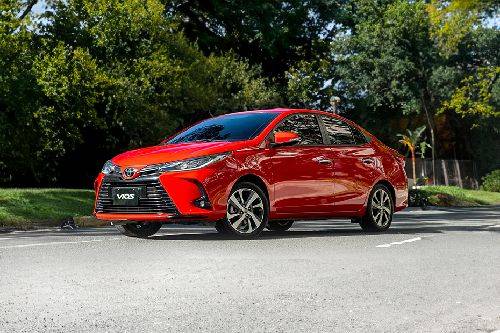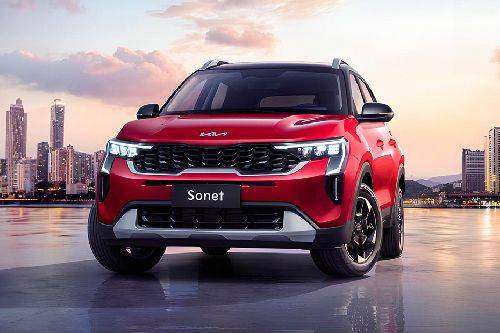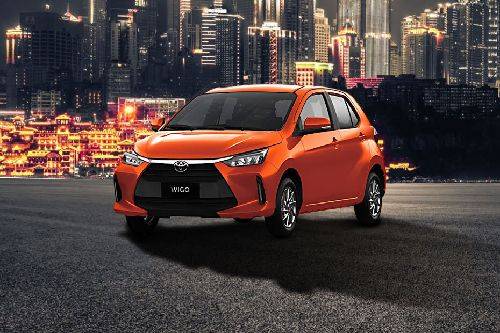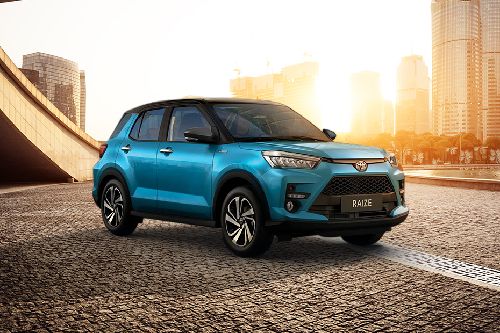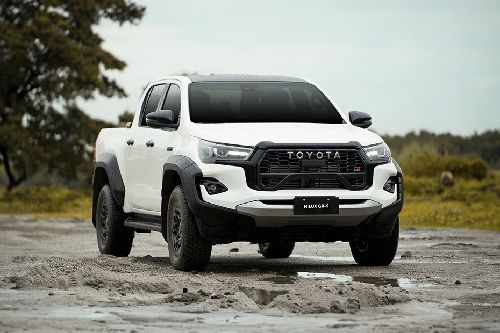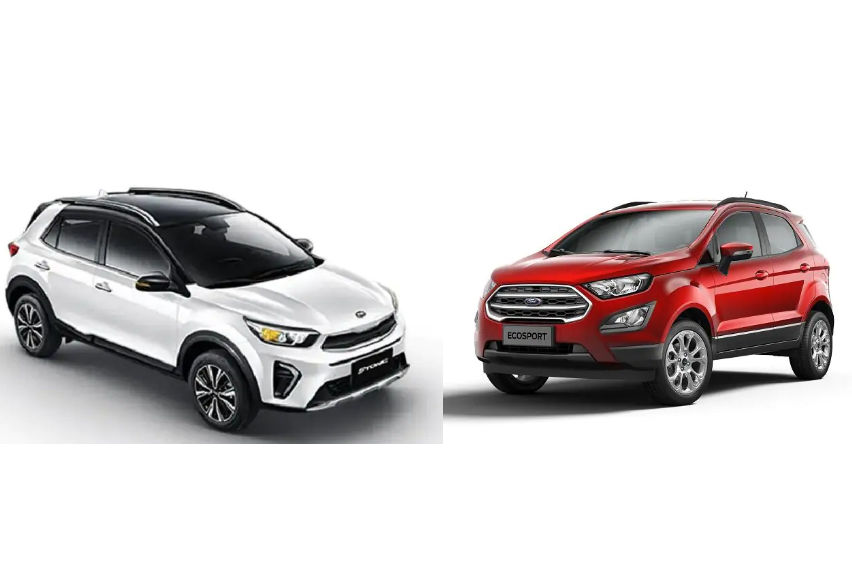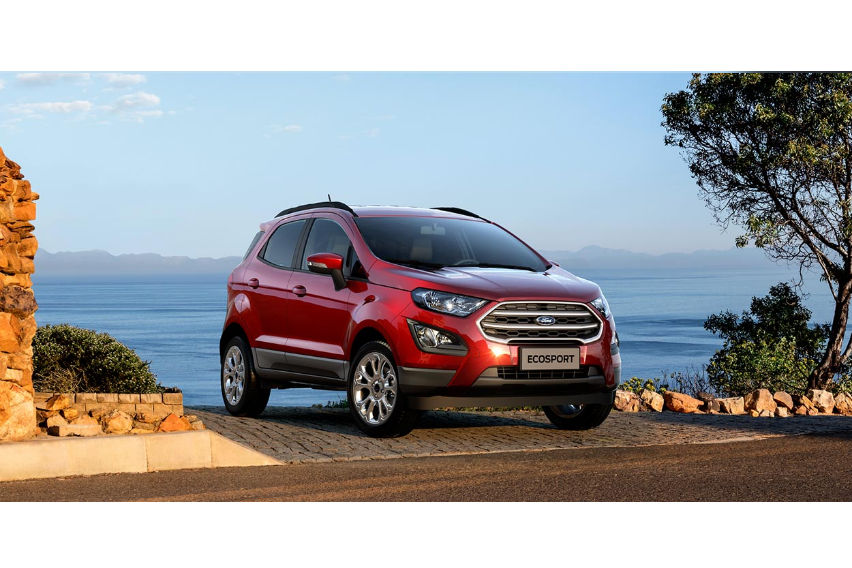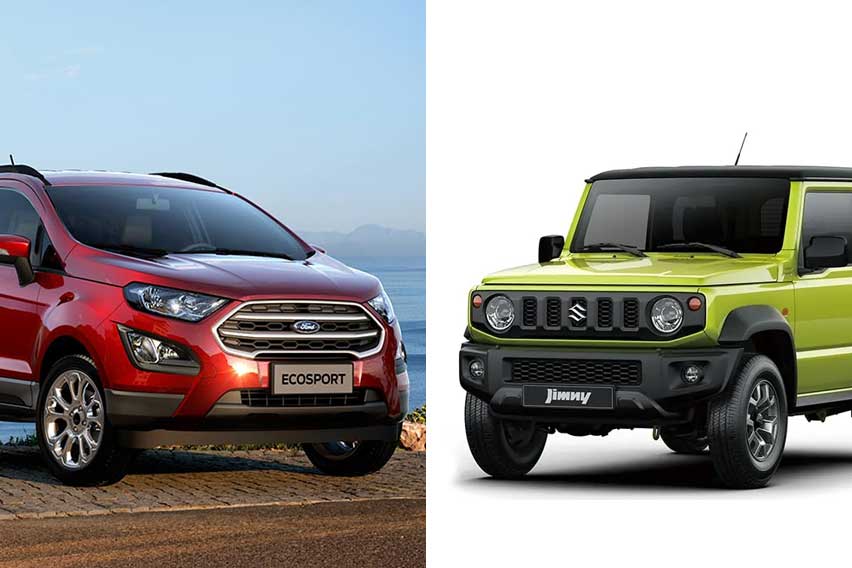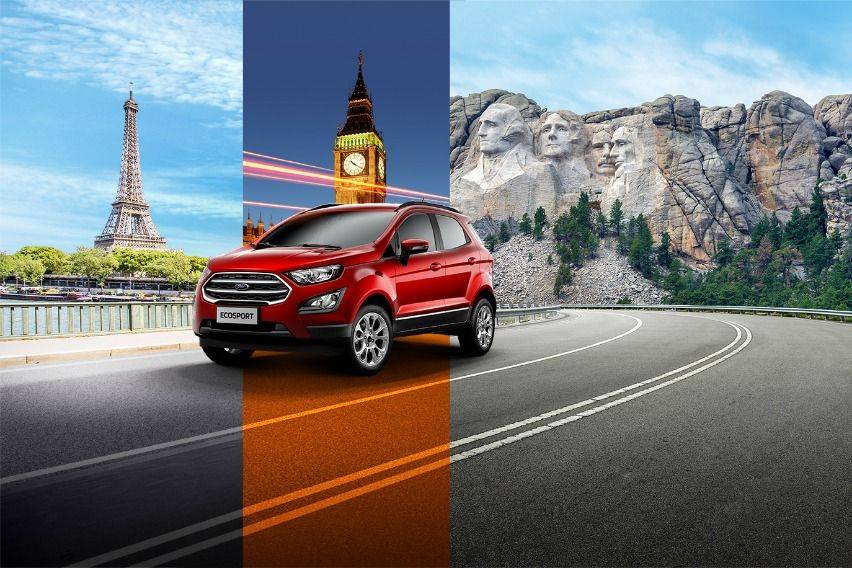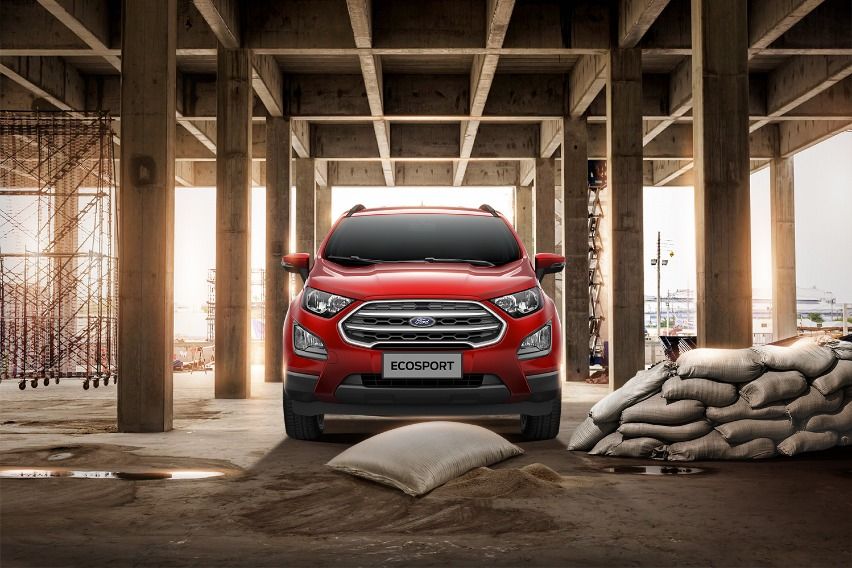Ford EcoSport or Hyundai Kona - Who will wear the best SUV crown?
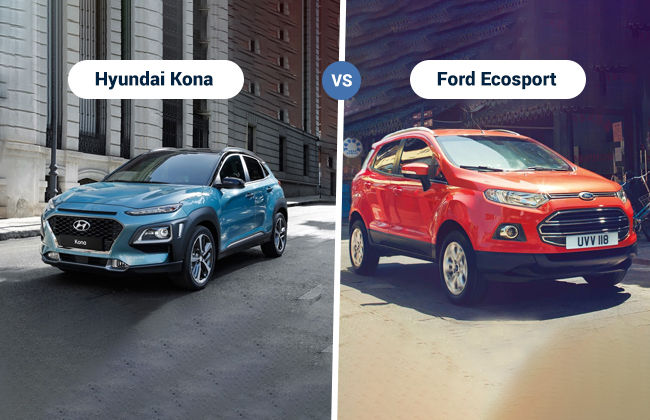
The Ford EcoSport pioneered the compact SUV segment. It spearheaded the dive by other manufacturers too. As part of the trivia, let us inform you that a company called Premier (from India, we think) had thought about this concept much ahead of Ford. However, their Rio compact SUV didn’t do as well as expected but people were kicked about the idea. Back to the EcoSport then. Now in its second generation, the EcoSport boasts more features, a premium yet recognisable design and more engine options. It may have been the undisputed king of the compact segment for a long time. However, there is an intruder. One who is fresh had a bigger engine and more features. Most importantly it has a better brand recall. Yes, it is the Hyundai Kona that we are talking about. Let’s see how this two stack-up.
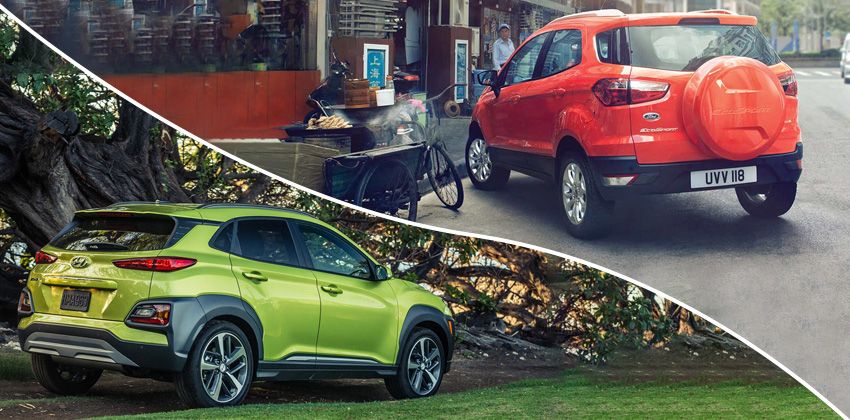
Looks
As discussed before, the Hyundai Kona is the fresher design here. The car looks more like a hatchback on stilts, something like a facelift for the i20 Active that other Asian markets get. That being said, if you observe the face, you will notice the all-LED headlights, projector fog lights, LED DRLs, and the general flourish of a flamboyant design. That pinched bonnet and the Hyundai cascading grille harks to the hatchback design. The plastic cladding along the wheel arches and on the sides do give it a beefy appearance but the side profile still reminds one of the new i20. At the rear, the designers have got back to the multi-light set up and much like the front, you will find that there are two separate set of lights both for the reverse gear indicator and stop lights. Fashion can’t be done better than the Kona.
The Ford EcoSport is more of a plain Jane here. Especially, if you consider that the design is now five years old and is all too familiar because of the number of EcoSports around. It packs in a small SUV appearance which at one time was quite the rage. The high set bonnet with a relatively lower placed fog lights, SUV-ish stance, and a tailgate-mounted spare wheel hark of the vehicle’s off-road inclinations. However, Ford doesn’t offer AWD or 4WD here and hence, this car is strictly for road use.
The Ford appears butch whereas the Kona screams attention. One can option the Kona with bright colors whereas the EcoSport also offers the option of regular colors.
Interior
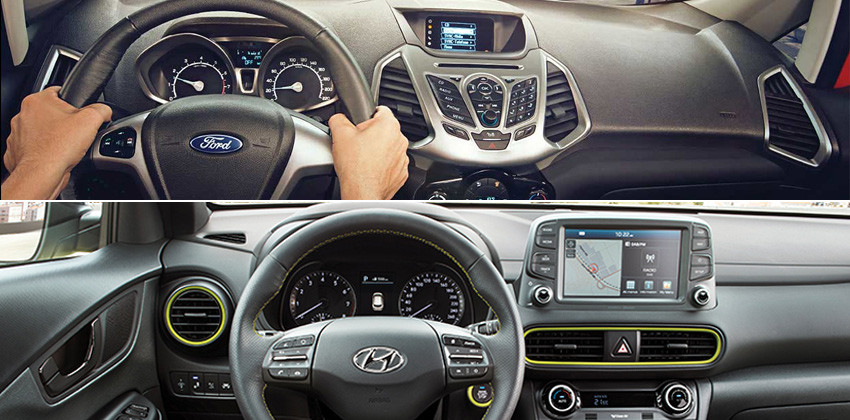
Cabin wise, the Hyundai Kona carries forward the design flourish from the outside. Hyundai is known to kit its cars very generously and the Kona is no exception. There is a lone trim on offer and it has a head-up display, a grey upholstered cabin, floating touchscreen system, drive mode select, cruise control, powered side mirrors, rear AC vents, and push-button start. The seats are basically comfortable but one seats lower than what you will expect from an SUV. There is enough space for three and their luggage. Getting into the rear seats though takes a bit of time, especially for old folks. This is because the door aperture is not that wide and the small windows will add to the claustrophobic bit. Everything though seems well put together just like the way you expect Hyundais to be.
The EcoSport’s cabin has started to look dated now and while there are subtle features around like the Sync infotainment system, automatic climate control, powered mirrors, and push-button start, it is clear that this need an update. You sit high in the EcoSport, and ingress and egress isn’t an issue either. The sideways opening boot though could be an issue, if you have a tight parking spot.
Engine and transmission
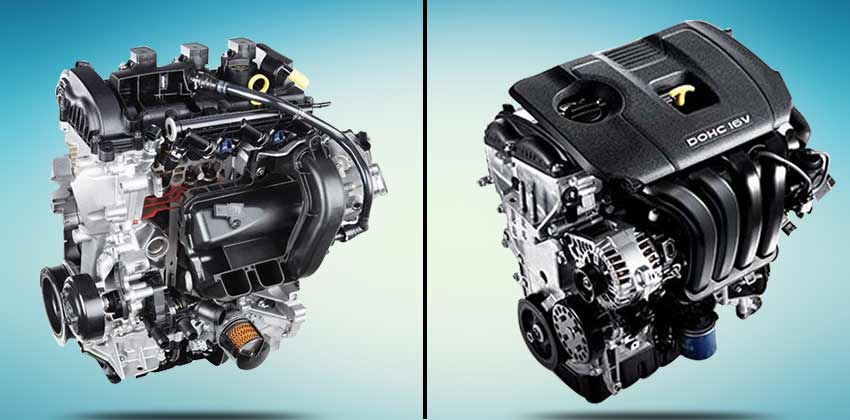
Ford offers the EcoSport with a 1.5-litre naturally aspirated petrol motor that is good for 110 PS of power and 142 Nm of torque. This engine can be ordered with a 5-speed manual or a 6-speed dual clutch automatic. This engine has good low end and mid range torque whereas the top end understandably is a tad weak. The automatic gearbox makes short work of traffic while the manual with its light clutch isn’t that far behind. Expect a 0-100 kmph time of 10 seconds while the top speed will be closer to 160 kmph.
Hyundai offers the Kona SUV with the 2.0-litre 4-cylinder engine that also powers the Elantra. This engine makes 149 PS of power and 180 Nm of torque. It is mated to a 6-speed automatic. At low speeds, the Hyundai’s lack of torque in the bottom end shows and even the automatic cannot mask it. However, there is plenty of power in the mid and upper section of the rev band. The 0-100 kmph run was dispatched in less than 9 second whereas the top speed was closer to 190 kmph.
While both the engines are decently refined, it is the Hyundai’s powertrain which deserves a special mention. Despite being the bigger one here, the powertrain is very refined.
Ride and handling
Both the cars here use MacPherson struts at the front and a torsion beam at the rear. The EcoSport’s set up is more inclined towards the handling part. As a result, over bumps, it feels a bit jittery. The handling though is stellar and something a keen driver will appreciate. There is less body roll and the steering in typical Ford fashion is communicative as well. The grip from the stock Goodyear tyres too is good enough. The 200 mm ground clearance helps it steer clear of stones or rocks in the middle of a road.
The Kona has a 170 mm ground clearance. While it isn’t much, the car didn’t beach over any of the speed breakers and other obstacles we come across on a daily basis. The ride quality is a tad on the firm side but it doesn’t bottom out easily. With a full load though, the rear sits squat. As far as handling is concerned, this is one of the better handling Hyundai’s on the road. The steering though is light and feels disconnected.
We quite like the urgent nature of the EcoSport’s brakes. They are sharp and deliver lots of confidence. The ones on the Hyundai though are soggy and poorly calibrated. They rob you off the confidence to drive faster.
Safety

Both the cars have received five-star ratings in their crash test analysis. Ford offers dual airbags and ABS as standard whereas the automatic trims get Hill Assist and Electronic Stability Control as well. There is also Blind Spot Warning.
The Hyundai Kona in the meanwhile offers six airbags, ABS along with EBD, and all-wheel disc brakes as standard.
Verdict
While it is easy to go in for the EcoSport primarily because of its SUV stance, it is but an ageing product. The Hyundai Kona is priced at Php 1,048,000 and is available in the GLS AT trim. The price of the EcoSport starts from Php 848,000. The Kona is expensive but is worth the money whereas the EcoSport simply needs an update. A long overdue one that is.
Sell your car at the best price
 Verified and genuine buyers
Verified and genuine buyers
Ford Ecosport vs Hyundai Kona Comparison
Ford Ecosport Related Stories
- News
- Featured Stories
- Expert Review
Ford Car Models
Trending & Fresh Updates
- Latest
- Popular
You might also be interested in
- News
- Featured Stories
Ford Featured Cars
- Latest
- Upcoming
- Popular
Latest Ford Ecosport Car Videos on Zigwheels

Ford Ecosport Car Articles From Carmudi
- journal
Compare
You can add 3 variants maximum*- Brand
- Model
- Variant


